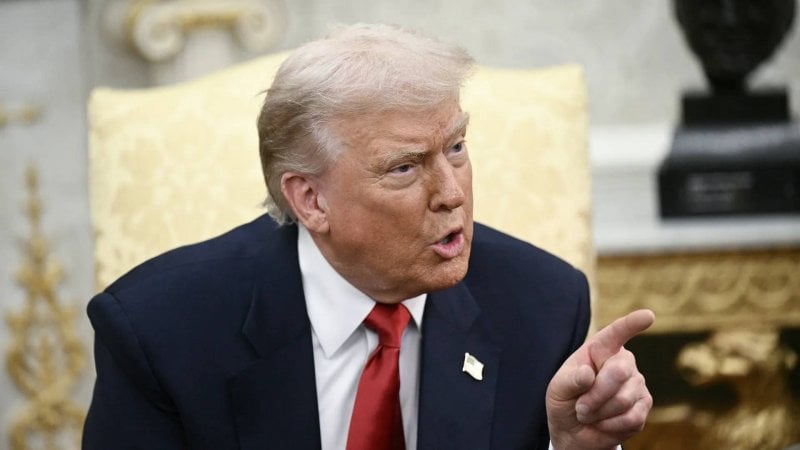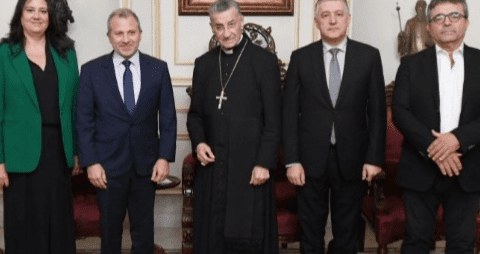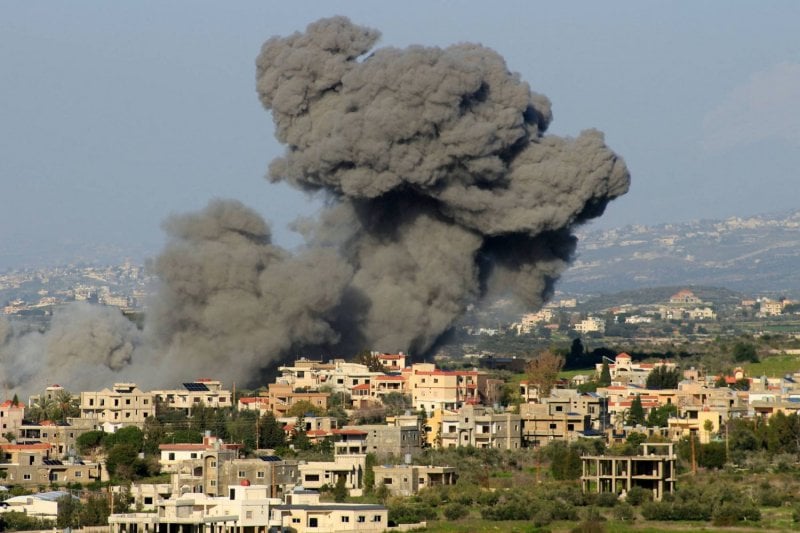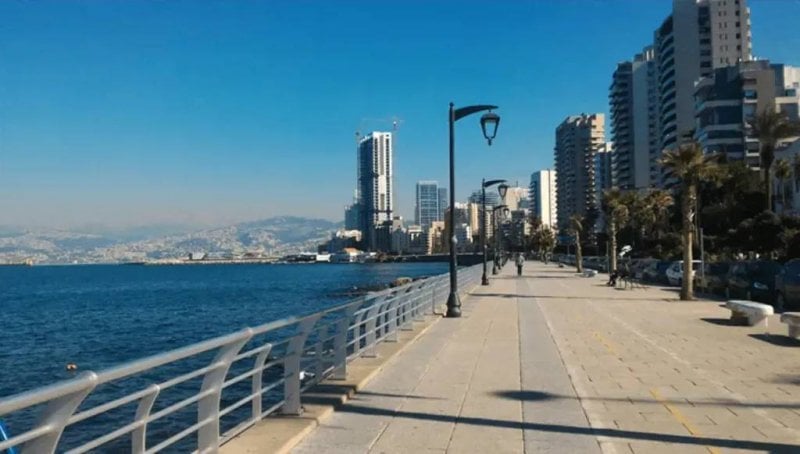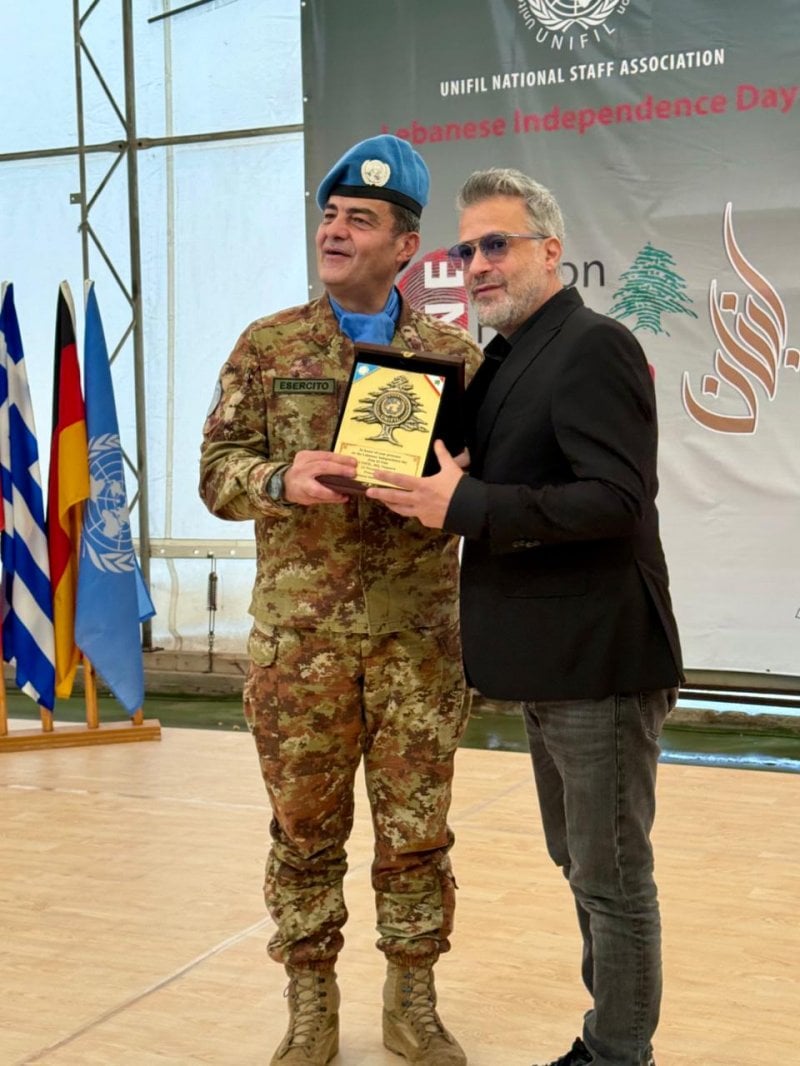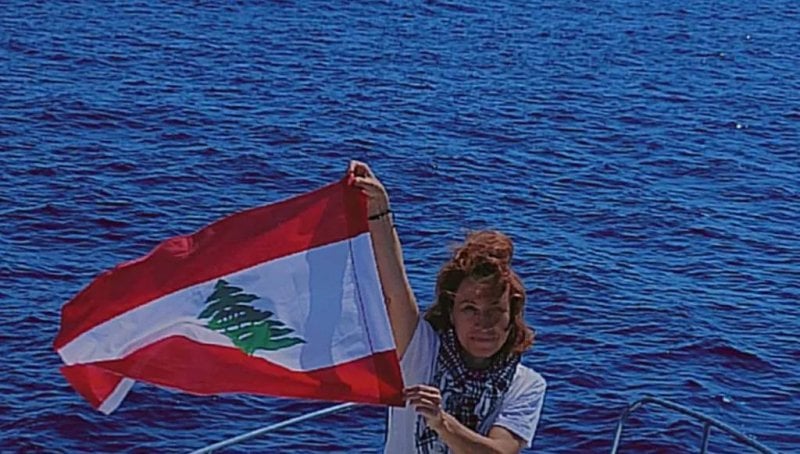
Tabbal emphasized, saying: “Human action in the face of crime is not an option, but an obligation upon us and the least we can do. The Freedom Flotilla does not offer a military solution, but rather a moral and political argument that sheds light on Gaza and the genocide in it. Gaza is what gave the flotilla its true power.”
Tabbal’s participation dates back to 2009 when she contributed to organizing the Freedom ship that set off from the port of Tripoli in northern Lebanon, carrying relief materials of flour and medicine to support the residents of Gaza.
She recalls that she was part of a team of 13 activists on board the “Freedom Flotilla” ship, which included a European parliamentarian, two French doctors and a nurse, a Greek activist, and a Spanish journalist, in addition to Turkish activists.
However, the trip soon turned into a bitter experience after the Israeli Navy intercepted them and took them to the port of Ashdod, then to Ketziot prison located in the Negev desert, which is known for its harsh conditions.
She explains: “We thought they would take us to Ashkelon, but they transferred us to the Negev where the high-security prison is. There, the psychological and physical torture was catastrophic.”
Tabbal revealed that the activists were subjected to assaults and severe beatings, including European parliamentarian Rima Hassan and an elderly Algerian parliamentarian. She added: “A policewoman hit my head with a piece of iron, and they turned hot and then cold air on us to exhaust us, and they drowned us with insults and threats.”
She also mentioned that they confiscated their medicines, including medicines for cancer patients, and placed them in cramped cells without water or food, adding: “In Ketziot prison, I was placed in cell number 7, which contained 14 people. We did not see the sun for days.”
Tabbal describes the moment when Israeli National Security Minister Itamar Ben Gvir entered the prison, shouting: “You are terrorists, you support those who kill our children, and you will remain in prison for life.”
She continues: “We did not answer him, we were exhausted and not afraid, we just waited for him to finish his speech.”
Despite the torture, Tabbal recounts touching moments she experienced with the detainees: “We used to sing inside the cells, make small ships out of bread and leave them on the windows as a souvenir from the Freedom Flotilla. We found messages from Palestinian prisoners to their families that never reached them.”
Tabbal affirms that the millions who demonstrated in various parts of the world were moral partners in breaking the siege on Gaza, stressing that she “will participate again in any humanitarian attempt to break the siege, because Gaza deserves it.”
In conclusion, Tabbal drew attention to the fact that the number of Lebanese prisoners in Israeli prisons is 21 prisoners, in addition to Yahya Skaff, who has been detained since 1978, noting that information reaches them through Palestinian lawyers who visit the detention centers, where some Lebanese are held in underground cells known as “boxes” because light does not enter them.



